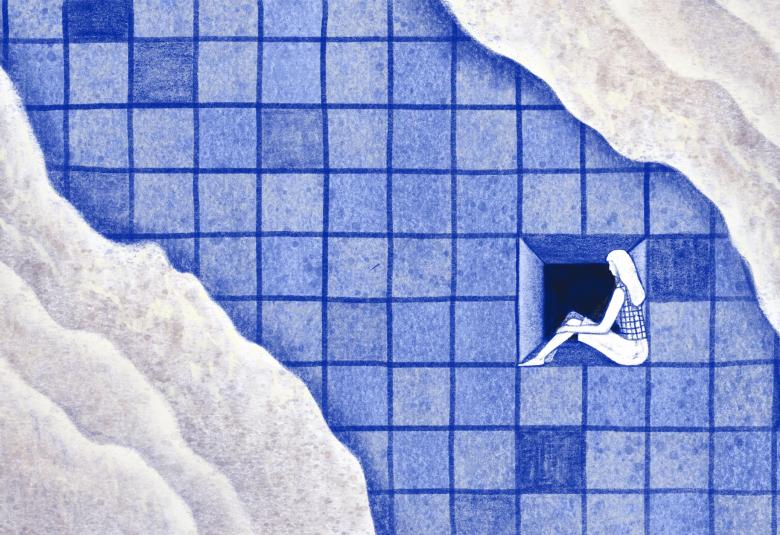We should recognise that caring for anyone is always a mix of burdens and blessings. In the case of mental illness, this goes beyond the usual. One factor is a sense of guilt. Carers worry that they caused the problem, or – at least – failed to stop it happening. There is very little evidence to support this idea. But there were psychiatrists in the past who blamed the family. And, as human beings, we tend to feel ourselves at least partly responsible for others’ emotions – in a way that we wouldn’t feel responsible for someone developing cancer, for example.
There is also a relative lack of reliable information about mental disorders, and a host of misconceptions. Then there is the stigma: we don’t talk so much about mental illness. When we do, others – even well-meaning friends – don’t know how to respond. So the problems are difficult to share.
But we shouldn’t lose sight of the possible rewarding aspects, which carers do talk about. They describe having increased empathy for others and, because of the undoubted challenges, feel they have developed resilience.
How can healthcare professionals help?
The first thing is to address the question of supposed guilt. Explaining the evidence about how these conditions actually arise can eliminate at least this aspect of doubt and suffering. We should also provide the best information we can not only about medical matters but about how to navigate the system. Services are not always well co-ordinated and accessing them is difficult. And we should talk honestly about stigma. This won’t go away overnight, but we can strengthen carers’ ability to withstand its pressures.
Patients themselves may feel guilt for “bringing this on the family”. We can help the patient talk frankly about this to their carers. It is worth making the patient aware of the very important role of the family in aiding their recovery. But it also has to be acknowledged that some families can be intrusive and not fully respect the boundaries of patient autonomy. So all of this has to be done with tact.
In terms of wider society, it should be acknowledged that carers play an invaluable role. The economic costs of brain disease in Europe have been put at 800 billion euros per year. Without the informal care provided by families, that cost would be far higher. And it should also be acknowledged that carers themselves are paying a considerable personal cost in terms of the things they are not able to do because of their role.




